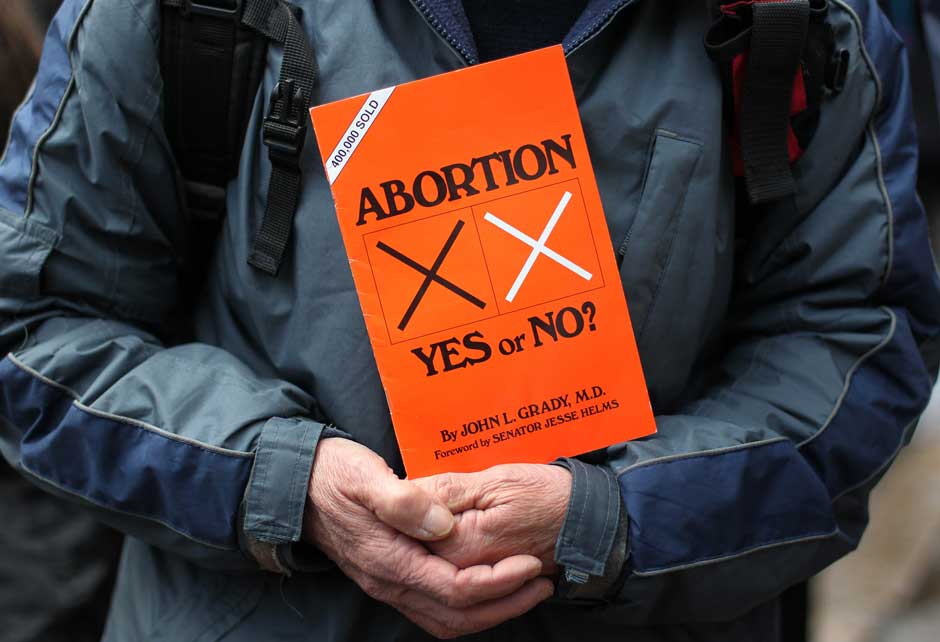Women's charities call for buffer zones around abortion clinics
Clinics complain that aggressive protests are sharply rising

Your support helps us to tell the story
From reproductive rights to climate change to Big Tech, The Independent is on the ground when the story is developing. Whether it's investigating the financials of Elon Musk's pro-Trump PAC or producing our latest documentary, 'The A Word', which shines a light on the American women fighting for reproductive rights, we know how important it is to parse out the facts from the messaging.
At such a critical moment in US history, we need reporters on the ground. Your donation allows us to keep sending journalists to speak to both sides of the story.
The Independent is trusted by Americans across the entire political spectrum. And unlike many other quality news outlets, we choose not to lock Americans out of our reporting and analysis with paywalls. We believe quality journalism should be available to everyone, paid for by those who can afford it.
Your support makes all the difference.“Buffer zones” should be set up around abortion clinics to prevent women being “intimidated and distressed” by anti-abortion activists, leading medical and rights groups have said.
The UK’s leading provider of abortions, the British Pregnancy Advisory Service (BPAS), said that there had been a sharp escalation in the number of protests outside clinics and numerous incidents of women being left feeling intimidated or having their anonymity threatened.
Protesters’ activity has reportedly included filming women and standing by door buzzers to hear their names. Attempts to curtail it using the Public Order Act have been unsuccessful, BPAS said, and women are unlikely to report the activity as harassment for fear of having to discuss their pregnancy with the police or in court.
A coalition of 19 organisations, including the Royal College of Midwives, Marie Stopes International and the End Violence Against Women Coalition, has now launched the Back Off campaign, calling on the Government to introduce new laws restricting protest near all abortion clinics and pregnancy advice centres.
Similar legislation already exists in some parts of Canada, the USA and Australia.

There has been a reported increase in the number of anti-abortion protests targeting clinics in the UK. A BPAS spokesperson said “hundreds” had taken place this year, often involving displays of graphic images of foetuses. Protests were happening almost daily at some clinics, including at BPAS’ centre in Richmond, London, the spokesperson said.
Healthcare staff at clinics and advice centres have also reported feeling threatened.
Ann Furedi, chief executive of BPAS, said that the campaign to establish buffer zones was not seeking to close down debate around abortion, but to protect women.
“Women arriving at clinics aren’t coming for a debate. They are coming to access a confidential medical service, and should be left alone,” she said.
“There is absolutely no need for the space outside clinics to become a battleground. Wherever one stands on abortion – pregnant women deserve better than this.
Two US states, Montana and Colorado, as well as jurisdictions including San Francisco and Los Angeles have buffer zone laws, as does British Columbia in Canada, and Tasmania in Australia.
However, the Home Office indicated that the Government was unlikely to introduce a new law.
A spokesperson said: “Peaceful protest is a vital part of a democratic society, provided it is conducted within the law. But protesters' rights need to be balanced with the rights of others to go about their business without fear of intimidation or serious disruption to the community. Rights to peaceful protest do not extend to threatening behaviour and the police have powers to deal with any such acts.”
Join our commenting forum
Join thought-provoking conversations, follow other Independent readers and see their replies
Comments